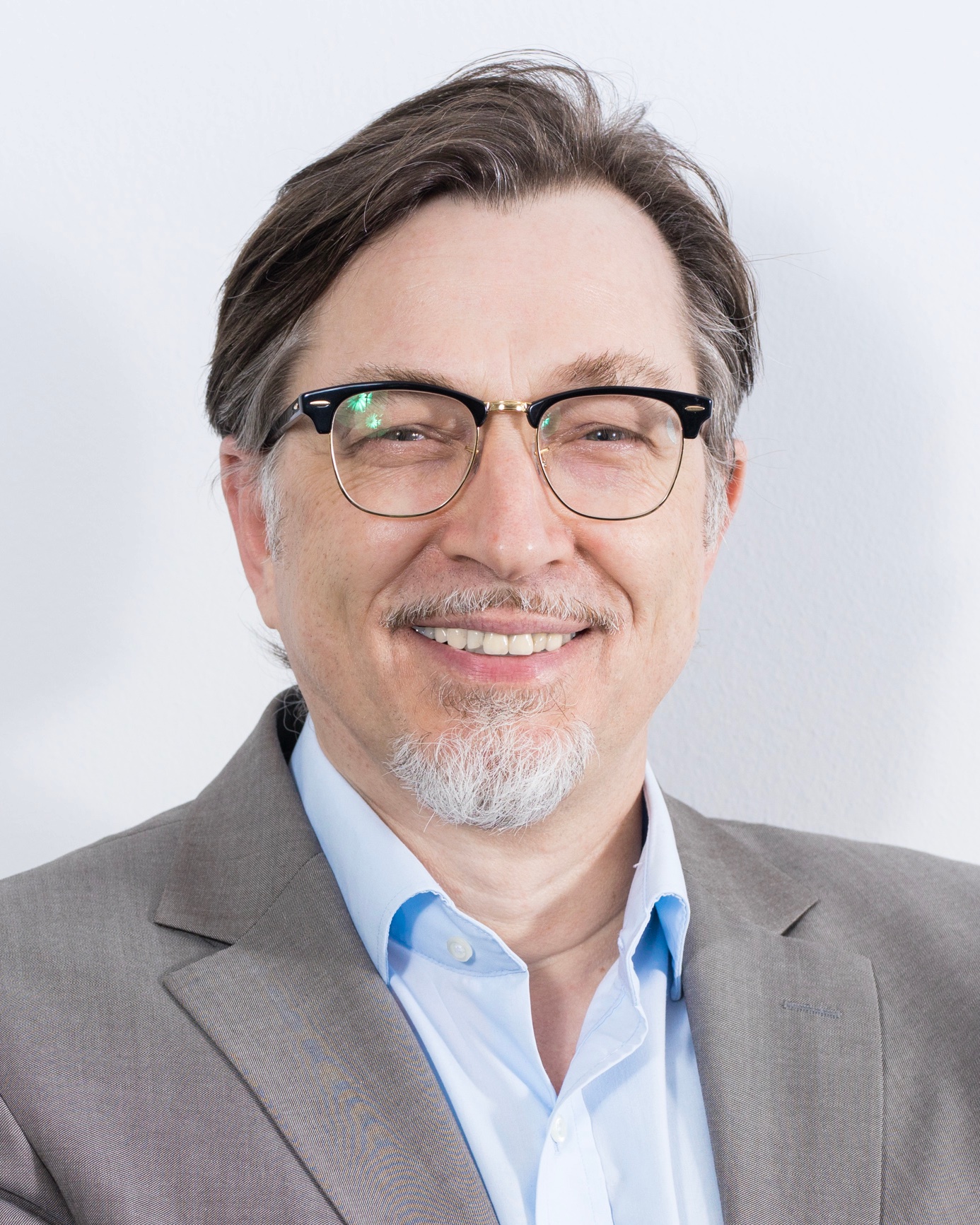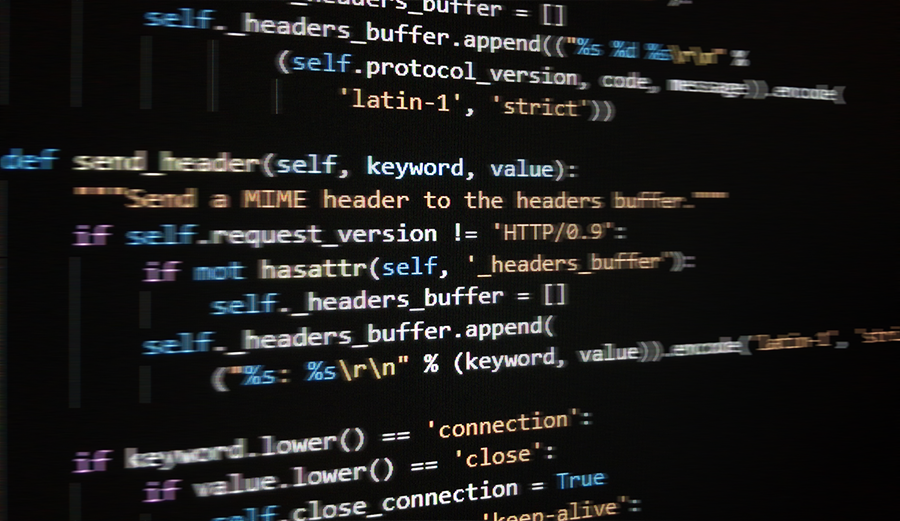
Dr. Thomas Staubitz
Since January 2024, Thomas is a Senior Researcher at the German University of Digital Science. Before that, he was a Senior Lecturer at the Hasso Plattner Institute in Potsdam, Germany, where he was responsible for the openHPI MOOC platform and several of its partner platforms, such as OpenWHO, the AI-Campus, the eGov-Campus and several more. Thomas designed, produced, and conducted several courses on object-oriented programming, Linux, remote teamwork and others on the openHPI MOOC platform. He also was involved in several of the Python courses that have been offered there. He started his career in computer science around 2000 with a Multimedia Producer Diploma at SAE Berlin followed by a Bachelor's and Master's in International Computer Science and Media at the HTW Berlin and a Doctorate in Computer Science at the Hasso Plattner Institute. Since then he's been working in several software development and teaching roles and positions at public and private universities, such as HTW Berlin, SAE Berlin, BHT Berlin, and SMEs, such as TimeKontor AG / SERIOUS GAMES or Awalkoutside. Thomas is a Senior IEEE Member and has published lots of research on various aspects of open online learning.
LinkedIn: https://www.linkedin.com/in/tomstaubitz/
ResearchGate: https://www.researchgate.net/profile/Thomas-Staubitz


